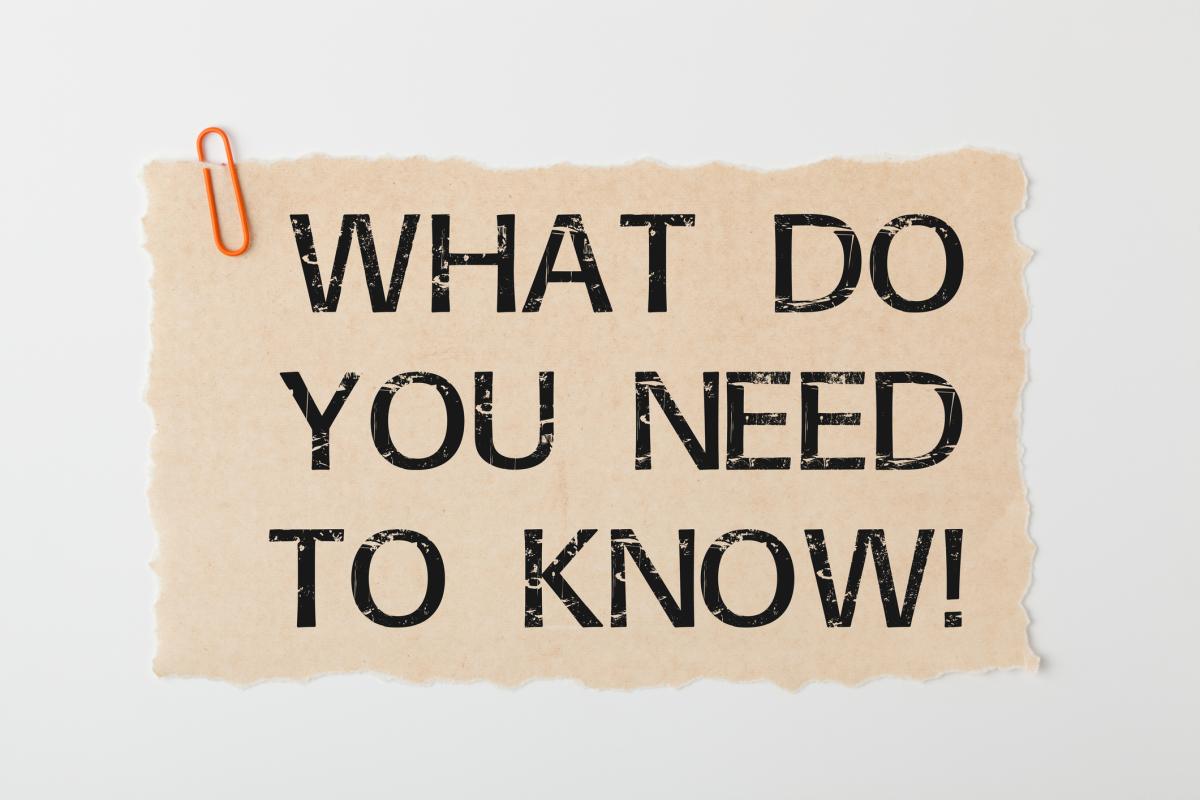Submitted by the Bond & Botes Law Offices - Monday, May 23, 2022

Throughout bankruptcy proceedings, you’ll likely come across some legal terms particular to bankruptcy that you’ll need to know. Here are some of the most common and important ones:
- Automatic Stay: A court order that automatically stops lawsuits, foreclosures, garnishments, and all collection activity against the debtor the moment a bankruptcy petition is filed.
- Secured debt: Debt backed by reclaimable property. For example, your mortgage is backed by your home, and for an auto loan, the vehicle itself is the collateral. Creditors of secured debt may have the right to seize the collateral if you default on the loan. But when you file bankruptcy, your property will be protected by the automatic stay and cannot be taken from you without the court’s permission.
- Unsecured debt: A debt for which the creditor holds no tangible collateral, such as credit cards.
- Means test: The Bankruptcy Code requires people who want to file Chapter 7 bankruptcy to demonstrate that they do not have the means to repay their debts. The requirement is intended to curtail abuse of the bankruptcy code. The test takes into account information such as income, assets, expenses and secured debt. If a debtor fails to pass the means test, their Chapter 7 bankruptcy may either be dismissed or converted into a Chapter 13 proceeding.
- Exempt property: A common misunderstanding is that you will lose your property if you file bankruptcy. But many types of property may be exempt and protected from your creditors. State law determines what a debtor may be allowed to keep, but generally, items like work tools, a personal vehicle, and equity in a primary residence may be exempted.
- Lien: A legal action that may allow a creditor to take, hold and sell a debtor’s property for security or repayment of a debt. But again, when you file bankruptcy, your property will be protected by the automatic stay and cannot be taken from you without the court’s permission.
- Reaffirmed account: Under Chapter 7 bankruptcy, you may agree to continue paying a debt that could be discharged in the proceedings. Reaffirming the account — and your commitment to pay the debt — is usually done to allow a debtor to keep a piece of collateral, such as a car, that would otherwise be taken as part of the bankruptcy proceedings.
- Credit counseling: Before you’ll be allowed to file for bankruptcy, you’ll need to complete a credit counseling briefing with an approved nonprofit budget and credit counseling agency. Once you’ve filed, you’ll also be required to complete a course in personal financial management before the bankruptcy can be discharged. Under certain circumstances, both requirements could be waived.
- Liquidation: The sale of a debtor’s non-exempt property. The sale turns assets into a “liquid” form — cash — which is then disbursed to creditors.
- Bankruptcy trustee: This is the person appointed by the bankruptcy court, to act on behalf of the creditors. He or she reviews the debtor’s petition and has the opportunity to question the debtor while under oath. In Chapter 13 filings, the trustee also oversees the debtor’s repayment plan, receives payments from the debtor and disburses the money to creditors.
- Discharge: A release of a debtor from personal liability for most debts set forth in the Bankruptcy Code. A discharge prevents the creditors owed those debts from taking any action against the debtor to collect the debts. The discharge also prohibits creditors from communicating with the debtor regarding the debt, including telephone calls, letters, and personal contact.
Contact a Bond & Botes Law Offices Near You
For answers to your questions about bankruptcy or to discuss all of the debt relief options available don’t hesitate to give us a call at 1-877-581-3396, or use the form on this page to get in touch.

 1-877-581-3396
1-877-581-3396